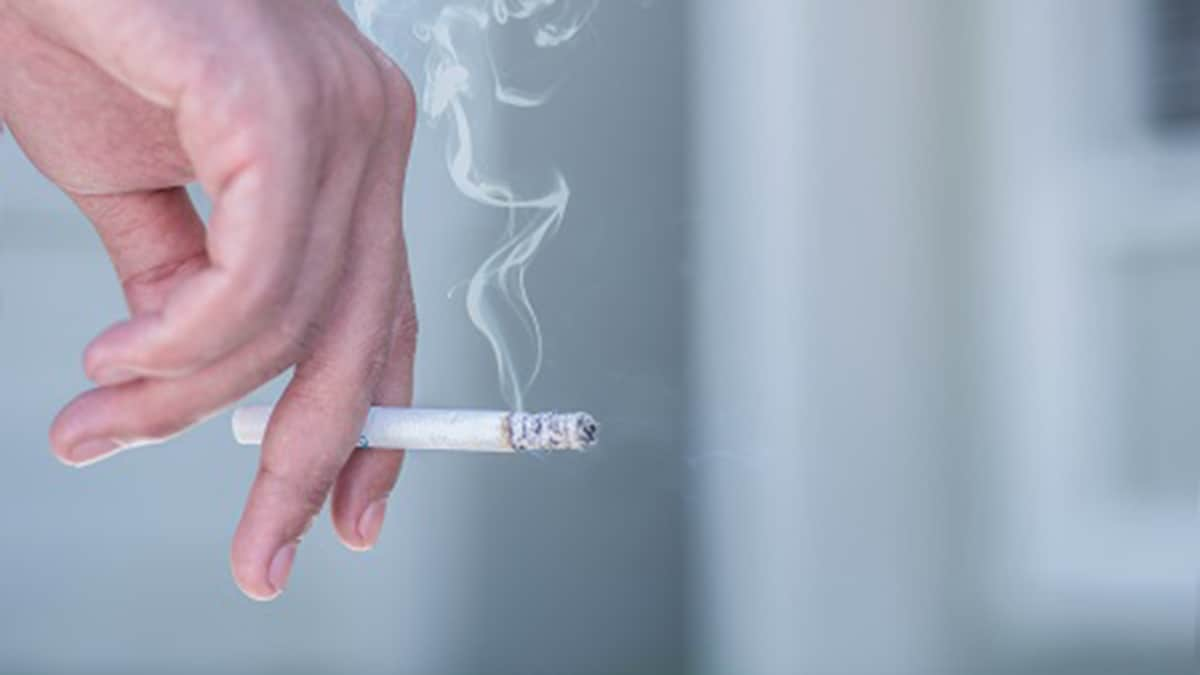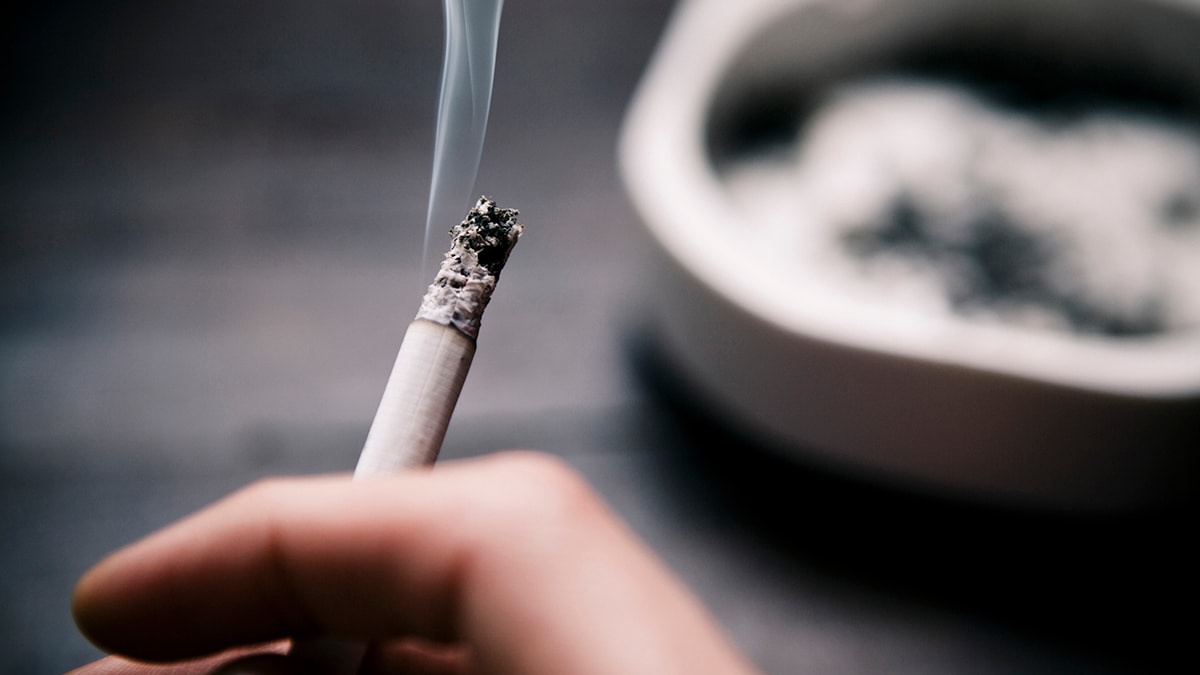Key points
- Regular secondhand smoke exposure at work can increase chance of low birthweight
- Low birthweight is one of the leading causes of infant disability and death
- Learn more about secondhand smoke and what you can do to reduce your exposure

Why I should be concerned about exposure

Secondhand smoke comes from either a burning cigarette or cigar, or from someone breathing out smoke when they are smoking.
It contains chemicals that can make you sick, including polycyclic aromatic hydrocarbons (PAHs). PAHs have caused cancer and birth defects in animals.
We know that regular exposure to secondhand smoke can cause cancer, heart disease, stroke, and lung problems in adults. It can also cause low birthweight if the mother regularly breathes in secondhand smoke.
Babies whose mothers are exposed to secondhand smoke after birth are also more likely to die of Sudden Infant Death Syndrome.
Secondhand smoke has been designated as a known human carcinogen (cancer-causing agent) by the International Agency for Research on Cancer. Many carcinogens are also reproductive toxicants.
Secondhand smoke can stay on your clothes, which can expose your children or other household members.
Who is at risk
One in ten American workers say they regularly breathe secondhand smoke while working.
The most common jobs where pregnant people are exposed to secondhand smoke include:
- Restaurant and bar workers
- Casino workers
- Hotel workers
Outdoor workplaces and working in a private home are usually not covered by smoke-free laws.
Many states, cities, and workplaces do not allow smoking in indoor workplaces.
What I can do to reduce or eliminate exposure
It can be hard to avoid breathing in secondhand smoke at your job.
The best solution is for your employer, city, or state to create a policy or law prohibiting smoking in the workplace. Talk to your employer, your employee representative, or your mayor or Congressperson about creating smoke-free workplaces.
Separating smokers from nonsmokers, cleaning the air, and ventilating buildings cannot eliminate exposure of nonsmokers to secondhand smoke.
Secondhand smoke can stay on your clothes. If you are exposed to secondhand smoke, take steps to avoid take-home exposure.
Resources
Getting help
If you work around secondhand smoke, talk to your supervisor or workplace safety officer about ways to reduce your exposure.
For information on the Pregnant Workers Fairness Act, please see resources from the U.S. Equal Employment Opportunity Commission (EEOC) website.
Talk to your doctor about potential hazards at work. Make sure to mention if your job exposes you to secondhand smoke.
Where I can get more information
Find data on tobacco use and resources to quit.
Learn more about how smoking and secondhand smoke affects your health.
Read about Workplace Secondhand Smoke Exposure During Pregnancy: Who is protected?
